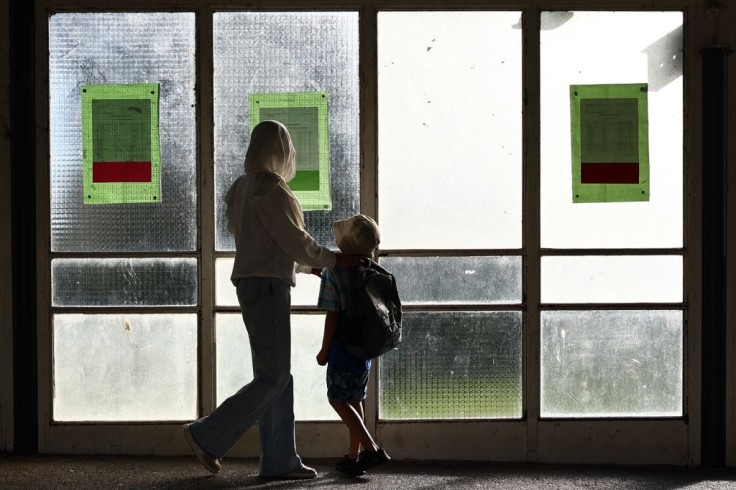
Parenting is a challenging yet fulfilling journey, one that constantly pushes us to set the best example possible for our little ones. However, the act of saying no is often deemed necessary for setting healthy boundaries can lead to a sense of parental guilt.
Striking the right balance between nurturing and discipline isn't always straightforward. It's common to feel overwhelmed by the different discipline strategies out there, leaving parents perplexed about the best way to enforce rules without hurting their child's feelings.
Importance of Setting Healthy Boundaries
Before diving into the mechanics of saying no without remorse, let's discuss why setting healthy boundaries is crucial for your child's development.
Boundaries not only instill a sense of security and stability, but they also teach children essential life skills such as self-control, respect for others, and understanding the consequences of their actions.
Setting healthy boundaries is an integral part of childrearing for several reasons:
Emotional Development: Children need to learn how to manage their feelings and navigate social situations. By setting limits, you're helping them understand how to cope with disappointment, frustration, and other emotions.
Socialization: Boundaries teach kids how to interact with the world around them, from respecting personal space to understanding social norms.
Safety: Clear rules protect children from potential harm, guiding them away from risky behaviors and environments.
Tackling the Challenge of Saying No
Saying no is often met with tantrums, tears, or icy silences, making the task even more daunting.
Although the emotional fallout can stir up parental guilt, it's vital to remember that saying no is often in the best interest of your child.
Here are some tips for effectively saying no without feeling guilty:
Be Consistent
Children are keen observers and quickly catch on to inconsistencies. If you're not consistent with your discipline strategies, they may become confused or anxious, unsure of what to expect. Therefore, establish a set of rules and stick to them to make the boundaries clear and understandable.
Use Clear and Simple Language
Avoid going into lengthy explanations. Children, especially younger ones, respond better to straightforward language. A simple "no, you can't have ice cream before dinner" is far more effective than a convoluted explanation that drowns out the main message.
Be Empathetic, But Firm
Recognize the disappointment your child might feel, but hold your ground. Phrases like, "I know you really want to play now, but it's bedtime" show empathy without retracting the boundary.
Offer Alternatives
Instead of merely saying no, offer another option. This strategy not only maintains the boundary but also shifts the focus from the negative to the positive, thus mitigating parental guilt.
Discipline Strategies: Beyond Saying No
Saying no is not the only method for setting healthy boundaries; effective discipline strategies often include a mix of various techniques.
Positive reinforcement, timeouts, and natural consequences are just a few examples.
Positive Reinforcement: Praise good behavior when you see it. This approach minimizes the number of times you'll have to say no, as children will aim to repeat actions that earn their approval.
Time-Outs: Used effectively, timeouts can offer both the parent and child a moment to cool down, making it easier to discuss the reason behind the boundary that was set.
Natural Consequences: Sometimes, the natural outcome of a child's action serves as the best teacher. As long as it is safe to do so, allowing children to face the repercussions of their actions can be a very effective way to set boundaries.
Coping With Parental Guilt
Setting healthy boundaries inevitably leads to moments of parental guilt.
This emotional byproduct often clouds judgment, making it difficult to remain consistent in your discipline strategies. Here's how to manage those feelings:
Keep the Big Picture in Mind: Setting boundaries now will help your child become a responsible, emotionally mature adult.
Talk About It: Share your concerns with a spouse, friend, or therapist to gain perspective.
Forgive Yourself: Parenting is a learning experience. It's okay to make mistakes as long as you learn from them.
Setting healthy boundaries is an integral aspect of childrearing that should not be overshadowed by parental guilt. The act of saying no, while difficult, is often necessary for your child's overall well-being.
Employ a mix of discipline strategies to make the process smoother, always keeping the end goal-raising a well-adjusted, responsible adult-in sight. Remember, parenting is not about winning popularity contests; it's about preparing your child for the journey of life.